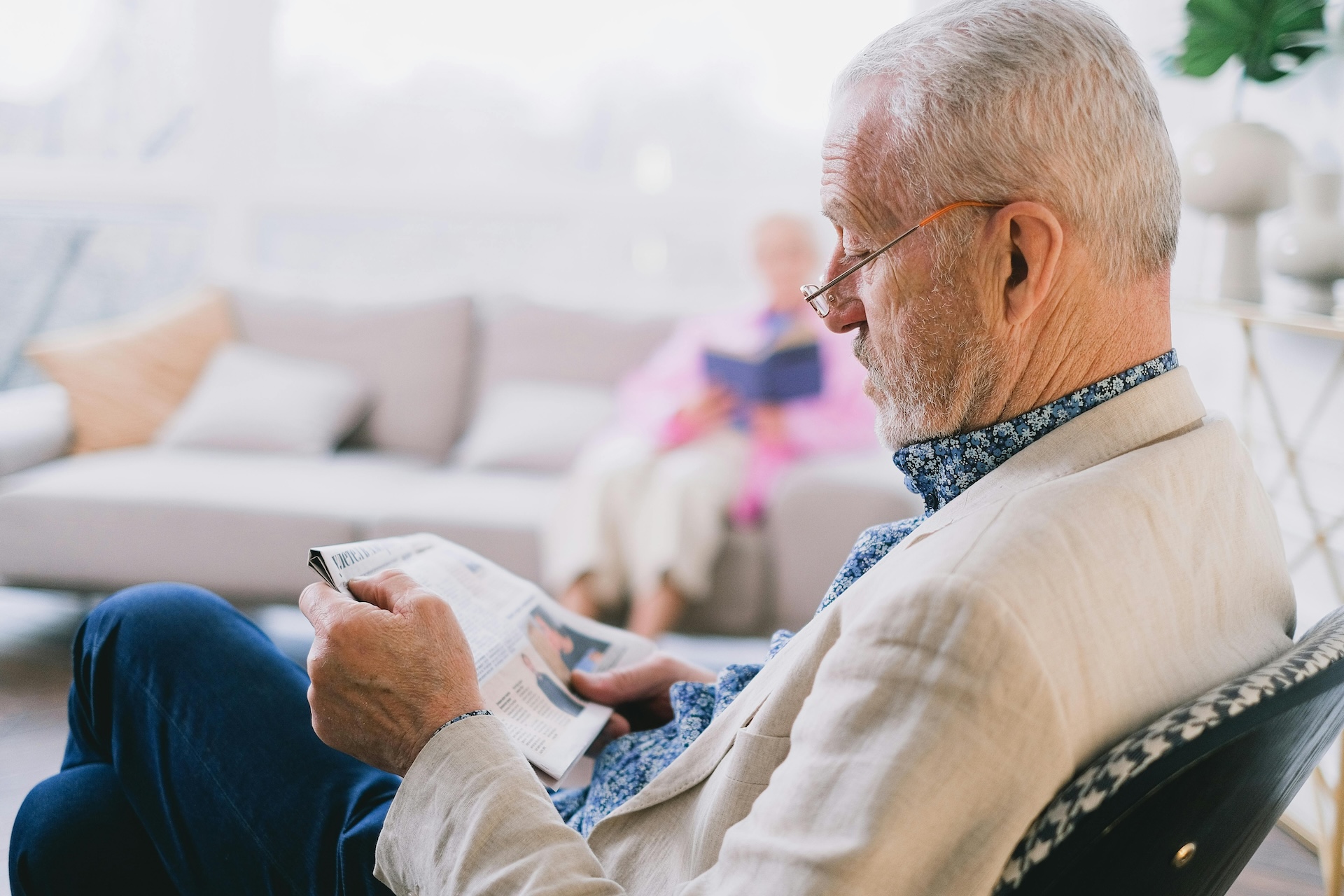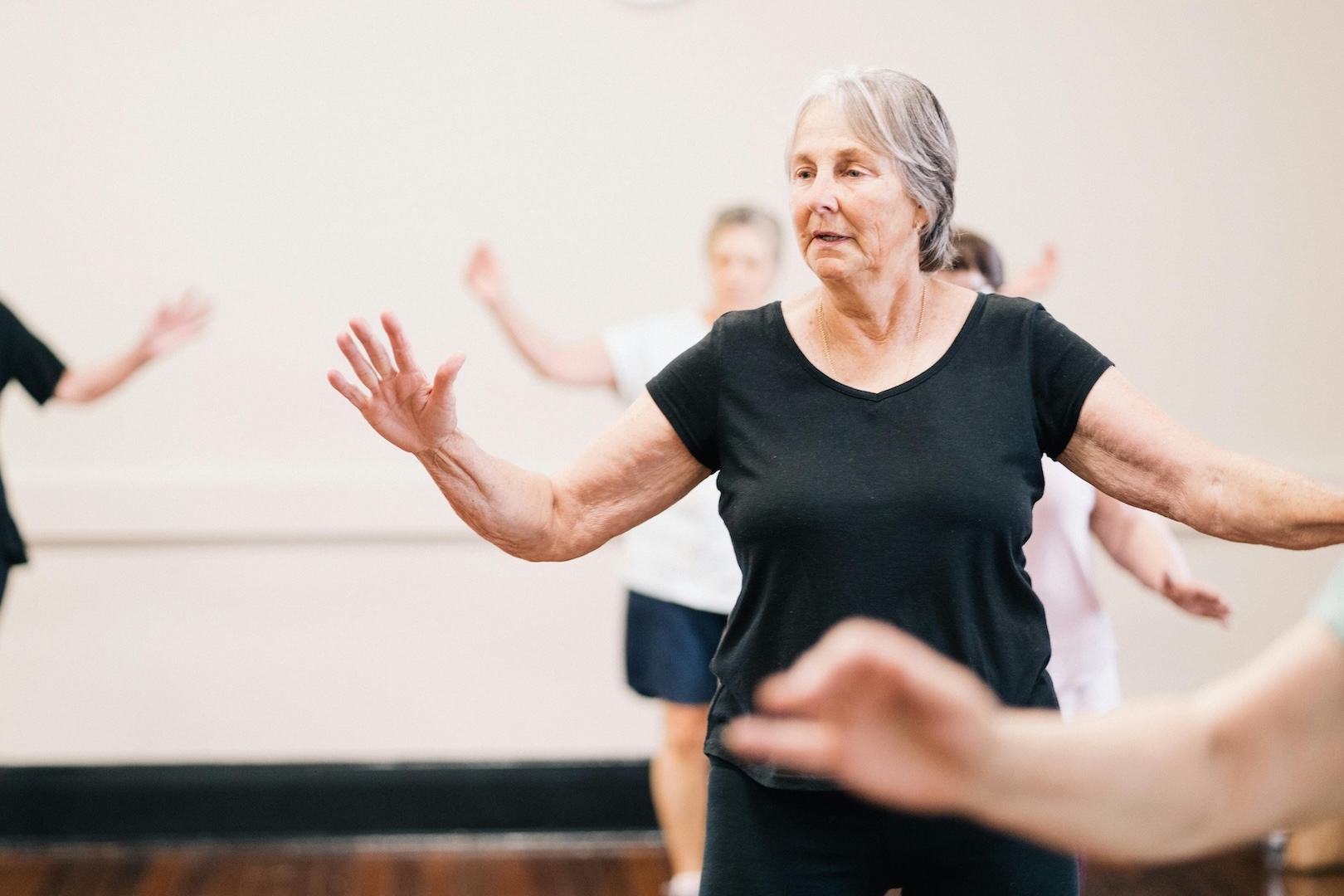Parkinson’s Disease
Did you know… Someone in Australia is diagnosed with Parkinson’s disease every 47 minutes.
Over 70,000 Australians have Parkinson’s Disease. Once thought to be a geriatric condition, we now know that approximately 15% of people with a diagnosis of Parkinson’s disease are of working age and nearly 3% are aged between 30-40 years. Parkinson’s disease is the second most common neurological condition in Australia, yet it remains one of the least understood.
What’s Parkinson’s Disease?
Parkinson’s disease (PD) is a degenerative disorder of the central nervous system. The most commonly recognised PD symptom is shaking or tremors in the hands / upper limb, but it is not present in every person. Parkinson’s disease can impact posture, walking (speed and gait), balance, sleep, handwriting and use of hands, continence, cognition, speaking and swallowing.
Falls are a major contributor to mortality in people with PD, with an estimation that 60% of people will fall every year. As a comparison, this is double the average rate of falls in the 65+ year’s population.
Parkinson’s Disease Treatment and Therapy?
Under the guidance of your Doctor or Specialist following a diagnosis of Parkinson’s Disease, an Allied Health multidisciplinary team-based approach can help you improve your independence and function.
As the Parkinson’s disease progresses, occupational therapy is used to help people to continue with their daily tasks. An Occupational Therapist will evaluate and help you plan these activities that are crucial to your well-being and independence, and can include:
- Falls prevention education
- Assessment of your home environment and safety
- Prescribe minor modifications (grab rails, ramps) to keep you on your feet
- Prescribe major modifications (lifts, bathroom renovation) to keep you in your own home …read more >
- Prescribe mobility aids and equipment to maximise independence and function …read more >
- Advise on ways to adapt tasks to keep you doing the things that are important to you.
Who else can help me with Parkinson’s Disease?
As noted, it’s not just Occupational Therapists that can help you with Parkinson’s disease. An allied health team-based approach can also include:
- Physiotherapy: Exercises and guidance to help with balance, gait, posture and stability. Recent studies have found that exercise can improve activities, reduce impairments and reduce falls risk factors.
- Speech Pathology: Exercises to help with swallowing food, exercises to help with speech, voice and communication, equipment to aid eating, drinking and communicating.
- Dietitian: To review dietary intake and minimise weight loss typically associated with Parkinson’s disease.
- Social Work: To support families in accessing services, and tools to help with feelings of grief and loss.
Need to know more?
Our experienced Allied Health multidisciplinary team is here to help you participate in the activities of your everyday life. Contact us today to discuss your needs via email at admin@ssrg.com.au or you can call us on 1300 729 190 and we will be happy to help!
Author: Donna Joosten
More about the author… Donna is an Occupational Therapist and Manager of SSRG’s Occupational Therapy Team. Donna has worked extensively with neurological rehabilitation, particularly movement disorders and has completed training in physical and cognitive rehabilitation. Donna holds a Bachelor of Occupational Therapy as well as qualifications in Business and Music.




